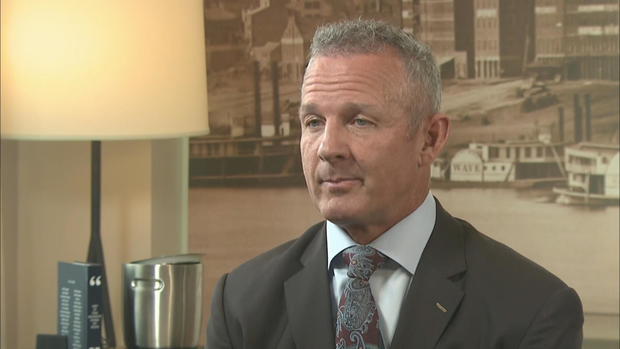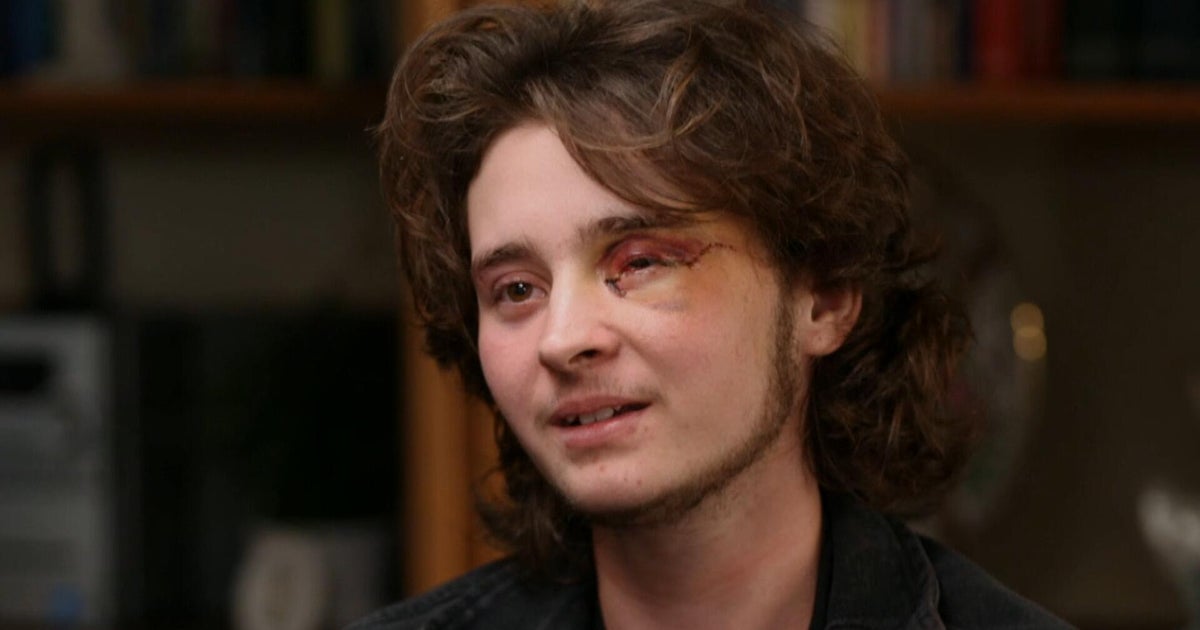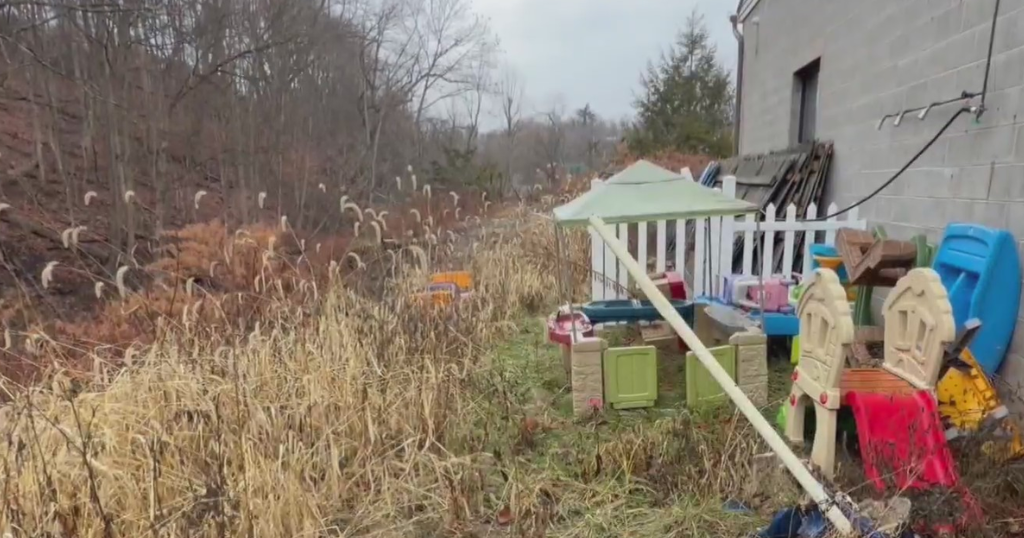Former NFL star Merril Hoge opens up about the cancer he believes was caused by Roundup
Former NFL player Merril Hoge has always been extremely health-conscious -- even avoiding drugs and alcohol. That's why his cancer diagnosis was especially shocking to him.
The 54-year-old is now joining thousands of people suing the company behind Roundup, a popular weed killer with a chemical linked to cancer. In a lawsuit made public Wednesday, Hoge said he developed non-Hodgkin's lymphoma as a "direct result of being exposed" to the herbicide. The company behind Roundup says its product does not cause cancer.
The former running back for the Pittsburgh Steelers was diagnosed with non-Hodgkin's lymphoma back in 2003 and was declared cancer-free five years later after undergoing intense chemotherapy. He described the treatment as something you can feel "literally scream through your veins, hit every part of your body. The burns, the hair loss, the fatigue of it all." But he said he only recently realized his diagnosis could be related to exposure to Roundup, which he first used in the late '70s while working on an Idaho ranch.
"Listen, I've been using Roundup forever," Hoge said. "I didn't wear gloves. We weren't told to wear gloves or a mask."
In his lawsuit against Monsanto, which is owned by Bayer, Hoge claims the weed killer caused him "life threatening" cancer, "permanent" injuries, "physical pain and mental anguish."
Asked how he knows it's Roundup that caused his cancer, Hoge said, "Well, the only thing I can tell you is that talking to doctors, that's the first thing when I was doing my work on it. They were like 'Were you ever around pesticides or stuff with chemicals like Roundup?' And I shared my farming story."
According to Joseph Osborne, Hoge's attorney, this will be a jury trial in which he seeks recovery that could be in the millions. His lawsuit claims Roundup is "dangerous to human health" and "unfit … to be marketed and sold." In 2015, the International Agency for Research on Cancer classified Roundup's active ingredient glyphosate as a probable cause of cancer.
"What's it like for you when you go into your local hardware store and you see Roundup on the shelves?" Oliver asked.
"How can it be there and still exposed to people without them knowing it?" Hoge replied.
Hoge is one of more than 18,000 plaintiffs who allege exposure to glyphosate caused them cancer or other injuries. Bayer has lost three court cases with damages totaling more than $190 million.
In a statement to CBS News Bayer says "we have great sympathy for any individual with cancer, but the extensive body of science on glyphosate-based herbicides over four decades supports the conclusion that Roundup does not cause non-Hodgkin's lymphoma."
The Environmental Protection Agency says the chemical posed no risks or concern for people exposed to it. Even though Hoge is now cancer free he says this lawsuit is about more than just him.
"I am about how we make things better for our kids and if I know that something is being done wrong and absolutely harmful to our kids and we can change it then I'm going to try to change it."
Hoge still lives with the fear that his cancer could return, or he could still face delayed side effects from his years of cancer treatment.
Bayer's full statement to CBS News:
"Leading health regulators around the world have repeatedly concluded that Bayer's glyphosate-based herbicides can be used safely as directed and that glyphosate is not carcinogenic, based on an extensive body of science spanning more than 40 years, including more than 100 studies EPA considered relevant to its cancer risk analysis, and more than 800 safety studies overall submitted to regulators. Significantly, the largest and most recent epidemiology studies, which are the most relevant research for assessing exposure effects in the human population, each found that there was no association between glyphosate-based herbicides and NHL overall in real-world use when adjusted for the use of other pesticides. These studies include the 2018 National Cancer Institute-supported Agricultural Health Study, which followed over 50,000 licensed pesticide applicators for more than 20 years; the 2019 Leon Agricoh Consortium study, which included over 300,000 pesticide applicators; and the 2019 North American Pooled Project, which combined data previously reported in earlier case control studies. Additionally, EPA's April 30, 2019, proposed interim registration review decision reaffirmed that 'glyphosate is not a carcinogen' and that there are 'no risks to public health when glyphosate is used in accordance with its current label.'"
"At the end of the day, whether you're in the court of law, regulatory agencies or court of public opinion, it's the science that should matter here. And the extensive body of science over 40 years, including the most recent human epidemiology studies, shows that glyphosate-based herbicides are not associated with NHL. Customers who know these products best continue to rely on them. Bayer stands behind these products and will vigorously defend them."






